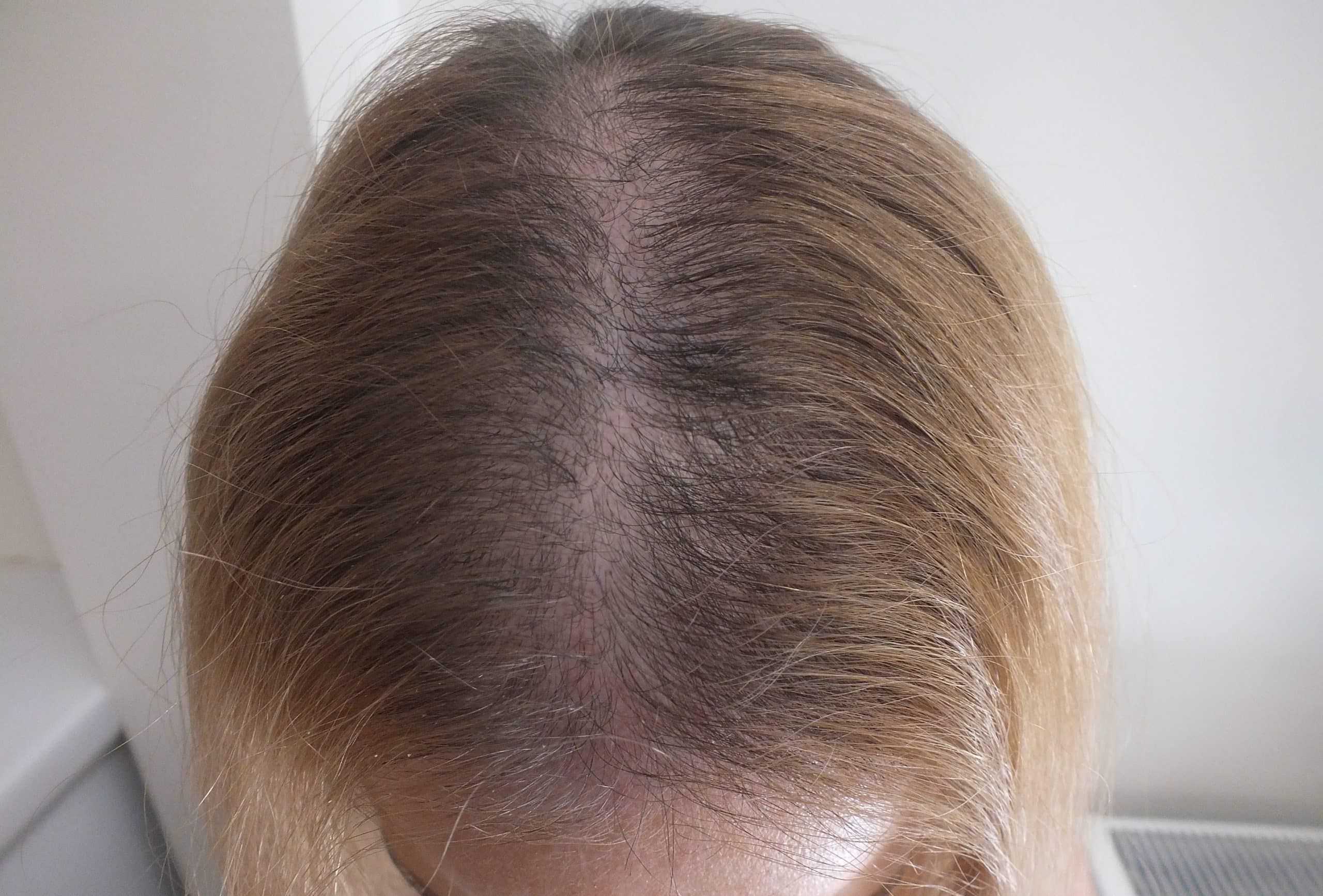Unique Circumstances and Hair Loss, Insights into Chemotherapy, Radiation, Postpartum and Shedding
This article aims to conduct a thorough examination of various factors contributing to hair loss, encompassing genetic predispositions, medical treatments such as chemotherapy, stress-induced mechanisms, and surgical interventions for weight loss. The study delves into evidence-based preventive strategies, pharmacological interventions, and the utilization of natural products to impede hair thinning and stimulate regrowth.
:max_bytes(150000):strip_icc()/GettyImages-639641766-59bc5b02c4124400102cd8f2.jpg)
INTRODUCTION
Hair loss, a multifactorial phenomenon influenced by genetic, medical, and environmental variables, has been the subject of extensive scientific inquiry. This article seeks to elucidate the complex interplay of these factors, offering a comprehensive understanding of the mechanisms underlying hair loss.
RELATED ARTICLE:How to Prevent or Slow Down Continued Hair Loss
Genetic Determinants
Genetic predispositions play a pivotal role in the manifestation of hair loss patterns. A comprehensive exploration of the genetic factors contributing to androgenetic alopecia and pattern baldness sets the stage for understanding hereditary influences on hair health.

Medical Treatments
Chemotherapy, a widely employed medical intervention for various malignancies, often results in systemic hair loss. This section scrutinizes the intricacies of chemotherapy-induced hair loss, exploring potential preventive measures such as cooling cap therapy and investigating regrowth patterns post-treatment.

Stress-induced Mechanisms
Stress, a ubiquitous factor in contemporary life, has been implicated in hair loss through mechanisms such as telogen effluvium. Scientific examination of the physiological responses to stress and its correlation with hair shedding provides insights into stress management strategies for preserving hair health.

Surgical Interventions for Weight Loss
Weight loss surgeries, particularly gastric bypass procedures, have been associated with postoperative hair shedding. This section reviews the scientific literature pertaining to the temporal dynamics of weight loss-induced hair loss and explores the transient nature of this phenomenon.
Preventive Strategies and Pharmacological Interventions
Evidence-backed preventive strategies, encompassing lifestyle modifications and dietary adjustments, form a crucial aspect of mitigating hair loss. Pharmacological interventions, including FDA-approved medications like minoxidil (Rogaine) and finasteride (Propecia), are scrutinized for their efficacy in halting hair thinning and promoting regrowth.
:max_bytes(150000):strip_icc()/minoxidil-11d697ced35845c593ff559e61bca12d.png)
Natural Products and Their Efficacy
An in-depth analysis of the scientific literature surrounding natural products, including essential oils such as rosemary, pumpkin seed, thyme, lavender, and sandalwood oils, elucidates their potential in mitigating certain types of hair loss. Furthermore, the reparative properties of coconut oil for UV-damaged or treated hair are investigated.
Lifestyle Modifications and Dietary Recommendations
Scientific exploration of lifestyle modifications, including smoking cessation and adherence to specific dietary patterns such as the Mediterranean diet, sheds light on their potential impact on hair health. Dietary recommendations focusing on protein, iron, and essential vitamins are discussed in the context of promoting optimal hair growth.Stress Management: The intricate relationship between stress and hair loss is systematically examined, emphasizing the physiological processes contributing to stress-induced alopecia. Scientifically validated stress management techniques, including meditation, mindfulness exercises, and physical activities, are proposed as preventive measures.
:max_bytes(150000):strip_icc()/VWH-DermNetNZ-Alopecia-02-8594d84014464b3c9d21fae4db954234.jpg)
Dispelling Hair Loss Myths
This section critically evaluates prevalent myths surrounding hair loss, including misconceptions about the impact of stress on pattern balding, hat-wearing, and the frequency of hair washing. Scientific evidence is presented to debunk these myths, fostering a more accurate understanding of hair health.
Unique Circumstances and Hair Loss
Scientific scrutiny of unique circumstances contributing to hair loss, such as chemotherapy side effects, cooling cap therapy, radiation therapy, postpartum shedding, hormonal imbalances, and the effects of weight loss surgery, provides a nuanced perspective on these distinct scenarios.
Uncontrollable Risk Factors
The impact of uncontrollable risk factors, including genetic predisposition, autoimmune diseases affecting hair follicles, hair-pulling disorders such as trichotillomania, and the natural aging process, is explored within the context of their contributions to hair loss.
MORE INFORMATIVE ARTICLE:B and T Cells Unveiled, The Maestros Behind Healthy Immune System Harmony
Conclusion:
This comprehensive scientific analysis synthesizes existing knowledge on the multifaceted nature of hair loss, offering a cohesive understanding of genetic, medical, and environmental determinants. The integration of preventive strategies, pharmacological interventions, natural products, and lifestyle modifications serves as a foundation for future research directions in the pursuit of effective hair loss management.
